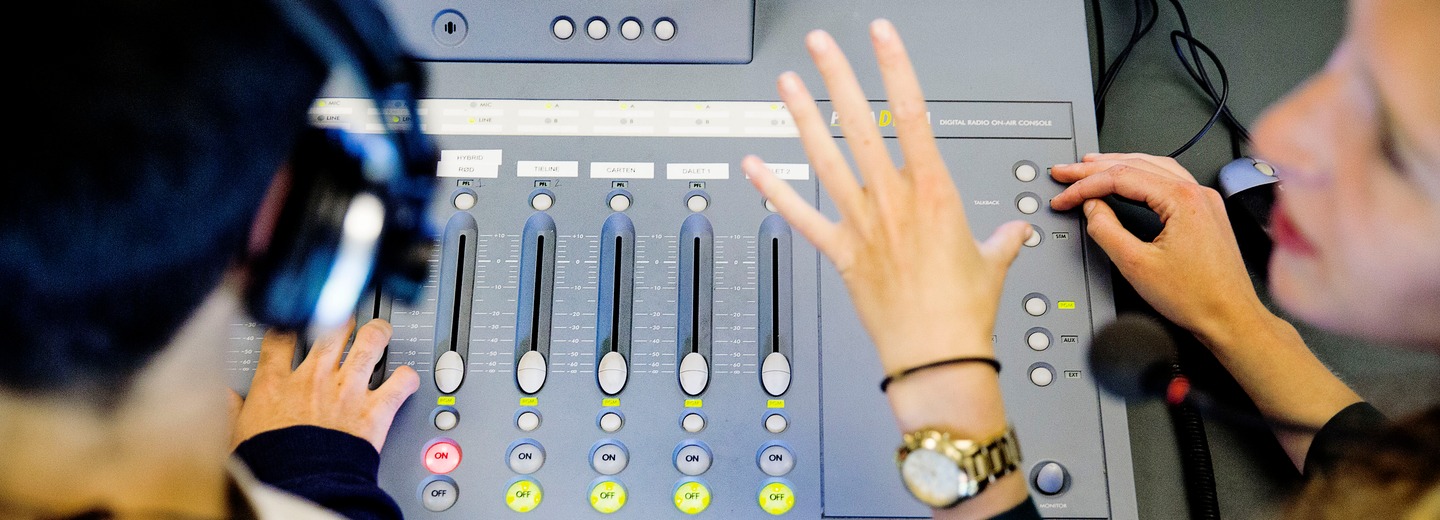
Reinventing higher education at SDU
SDU will experiment with new teaching methods such as nano-education modules and digital courses. It will be the journalism programmes that will develop and test the new prototype for tomorrow’s university education.
The University of Southern Denmark has decided to devote up to tens of millions to developing tomorrow’s university education. The reason for this is that the need for new knowledge and new skills has been changing radically in recent years, while technological development provides opportunities for brand new learning styles and formats. The new kind of university education programme at SDU is based on the working principles: “anyone”, “anywhere” and “anytime”.
- The education of the future will reside at SDU, and now we’re accelerating this development with one of the largest single investments in education development in university history. We need to find the model that can ensure that universities can elevate Danes, and also very much the rest of the world, towards new knowledge and skills levels - whether the students are 25 or 60 years old, says Henrik Dam, Vice-Chancellor of the University of Southern Denmark.
It will be the journalism programmes at SDU that will develop and test the new prototype for tomorrow’s university education. This experience will then be applied to other SDU programmes, both full and part-time study programmes.
- We’ve been told to think big and outside the box, so that’s exactly what we’ll do. We must learn from the best around the world and we must continue to progress from thereon out in order to strengthen both the spirit and hand of Danes. It makes sense to start with the journalism programmes at SDU. That’s because we’re in the process of testing new learning, skills and training approaches and we know better than many what new media can do, says Peter Bro, head of the journalism education programmes at SDU.
Among the considerations is that the education programmes must be able to function while students are engaged on either a full or part-time basis. To establish one of the world’s best digital courses with dozens of so-called nano-education modules, which can be taken in as little as 5 minutes - and preferably on a mobile while in transit. To create new learning spaces for creative solutions to major societal challenges, and to work with new pedagogical learning methods, such as systematically creating AHA experiences in the students’ minds.